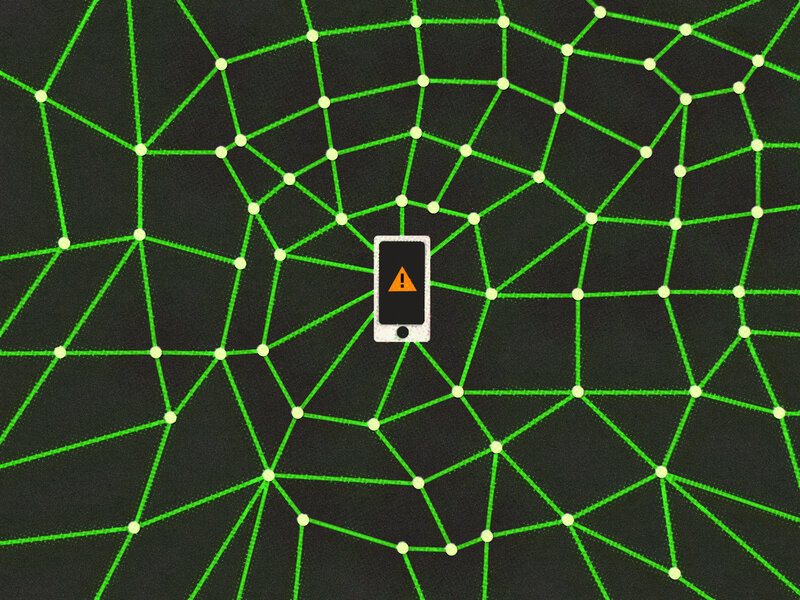How to improve your digital security
Loading...
Want to control your own digital security? There’s a wide array of options for secure messaging apps, email services and browsers that help you do-it-yourself.
Privacy-conscious search engines:
DuckDuckGo, a search engine that does not profile users or personalize search results to their users. There are nearly 11 million searches per day on the site.
Startpage, a search engine that uses Google search results but allows users to open all search results via proxy, is another option.
Encrypted email services:
Tor Mail is an anonymous email provider based on the Tor network (which is required to use this email service).
Lavabit is an encrypted email service once used by Edward Snowden that opted to shut down instead of complying to a US government request to hand over its encryption keys. It’s now back online, and plans to launch end-to-end encryption later this year.
Proton Mail is an automatically end-to-end encrypted email service with servers based in Switzerland that doesn’t require users to hand over any personal information to create an account.
Kolab Now is a Switzerland-based groupware service and web-based email.
NeoMailbox is another Swiss email service that provides IP anonymity, spam and virus protection and disposable addresses hosted at a personalized Swiss domain name.
CounterMail is a Sweden-based end-to-end encrypted email service.
Other end-to-end encrypted platforms:
Signal is a service that says it automatically encrypts messages and does not have access to their contents. Signal has earned praise from anti-surveillance activists Edward Snowden and Laura Poitras.
WhatsApp has also adopted make the same end-to-end encryption protocol used by Signal the default for all communications on the service.
Facebook Messenger Though it’s not a default, you can also opt-in to end-to-end encryption by going to your settings and turning on the “Secret Conversations” feature, which allows users to send secret messages from one device.
Dust also automatically deletes messages from user phones as soon as they are read.
Wickr has a similar timed deletion feature.
Adium, another end-to-end encrypted messaging program, allows for encrypted chats across multiple networks for Mac users.
And if you want to encrypt your browser yourself, you can install Tor, which keeps users anonymous using hidden relay servers.
Dragon also has domain and URL filtering systems, and is set up as a more secure version of Chrome or Firefox.







